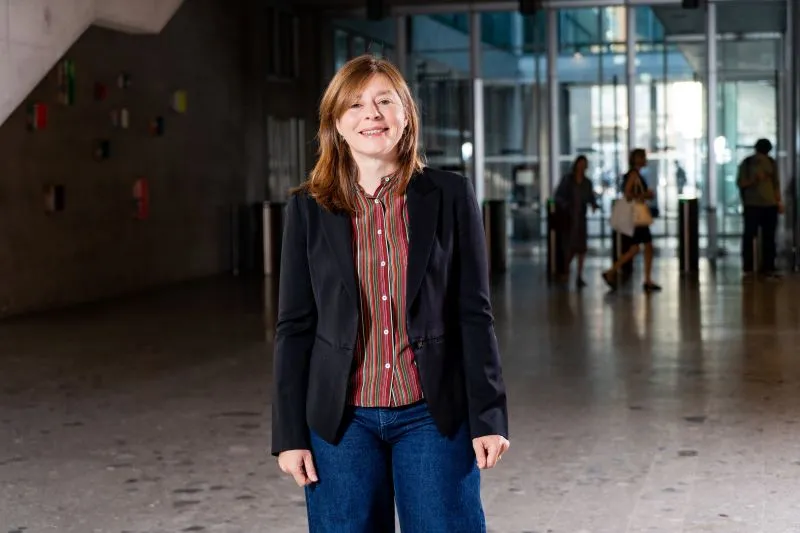
At the Frontiers of Economics
"The Master of Science in Economic and Social Sciences is aimed at students destined to push forward the frontiers of knowledge." Antonella Trigari, associate professor at the Department of Economics of Bocconi University and director of the program, immediately clarifies the peculiarities of a program that has strong quantitative and methodological bases, in accordance with the most advanced frontier line of research in economics. "This Master of Science is rooted in the tradition of Bocconi, with a unique blend of economics focused on quantitative methods such as mathematics and econometrics, and excursions in the wider field of social sciences," explains Antonella Trigari. "The flexibility of the program allows us to build highly personalized and interdisciplinary curricula. Only the first semester of the first year provides compulsory courses, then everyone can build their own path. Students enroll in this program with the aim of fine-tuning their analytical skills and acquiring knowledge to be able to pursue an international career. About two-thirds of our graduates enter the world of work directly by taking positions at prestigious employers that operate in fields ranging from the most renowned consulting firms in the world, to investment banks, large tech companies, international organizations, and non-governmental organizations in the public sector or in the economic publishing sector. The rest of our students continue towards a PhD at top graduate programs or with further training in academia."
A program that is not only economics, but which also includes, for example, courses in sociology and economic history, "all useful for interpreting phenomena in the best possible way", as befits that interdisciplinarity to which she referred previously.
"The key words of the course are: analytical and quantitative skills; interdisciplinarity and flexibility; critical thinking", continues Antonella Trigari, "we want to teach our students to answer complex research questions, to look for the 'why' of things without being satisfied with the answers we already have. They must always question everything without taking anything for granted."
An approach that is then reflected in the future professional career of graduates in Economic and Social Sciences, who will be co-opted "in positions that require high-level analytical skills and a predisposition to think critically and innovatively", says the director.
The program provides for the formation of two new classes every year, "and what immediately catches the eye is the growing level of internationalization of the classroom. It is a complex and competitive course, but despite this a strong sense of community develops", says Trigari, "and the varied background of the students contributes to bringing new points of view and new perspectives".